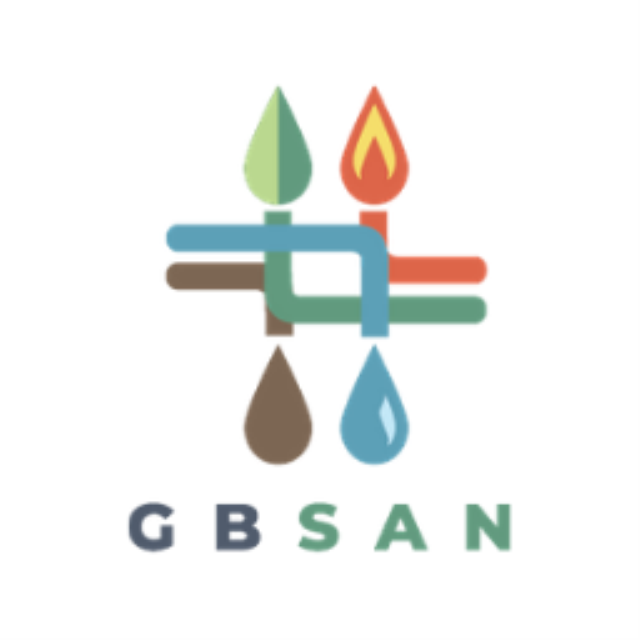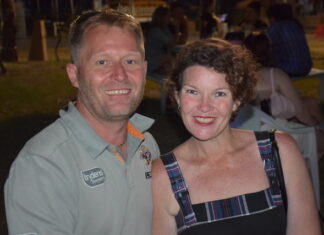The global community is facing two great environmental challenges – combatting climate change through the reduction of greenhouse gas emissions and stemming the loss of species extinctions by ending habitat destruction.
In a number of instances, renewable energy projects and the associated transmission infrastructure have had a negative impact on areas of high biodiversity value as well as local landholders.
These projects have been approved at the State and Federal Government level with community engagement left up to the proponent leading to inadequate involvement of affected landholders, neighbours and the local community more broadly.
Stage one of the McIntyre Windfarm Project has had a measurable impact on the local biodiversity. The turbine construction and associated roadworks are focused on the ridgetops that contain important remnant vegetation. While the McIntyre Project is an important part of Queensland’s response to climate change it makes no sense at all to exacerbate one problem in an attempt to solve another. What is needed is a comprehensive approach to renewable project planning and local engagement.
Critics of renewables are cynically using biodiversity and landholder impacts against further investment in wind and solar.
Where were they when the coal industry was impacting tens of thousands of hectares of native vegetation and prime agricultural land? They have little credibility as they fail to acknowledge or address the main forms of biodiversity loss in Queensland – land clearing for agriculture, mining and urban development.
To ensure broad public support for the transmission to cheaper, cleaner energy, the state needs to ensure the next series of projects significantly improves the level of community engagement and can demonstrate the flexibility to ensure impacts on biodiversity are reduced to a negligible level.
Local stakeholders concerned about future wind projects in our region need to join together with the Southern Downs Regional Council to demand developers and the State government engage the local community meaningfully so that future projects have a minimal footprint and deliver tangible and lasting economic benefits to the Southern Downs.
For more information on GBSAN’s position on climate change visit gbsan.org.au. With the support of Acciona GBSAN is offering 10-12 Granite Belt and Traprock landholders free entry to the National Renewables in Agriculture Conference and Expo in Toowoomba on Thursday 4 July 2024. Register your interest at gbsan.org.au









